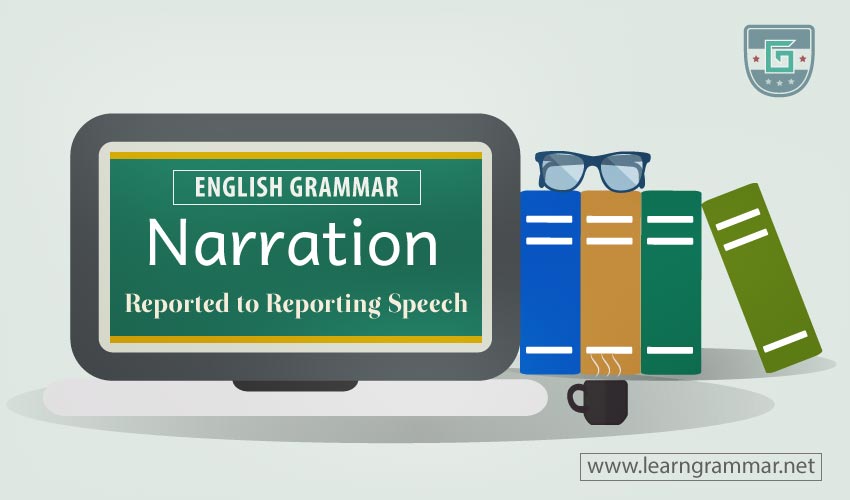Avoid Redundancy to Improve Your Writing
(5/5, 7 votes)
Redundancy
Redundancy means repetition of the same meaningful words in a single sentence. It is an unnecessary part of the sentence structure. The use of redundant words or phrases in a sentence may harm the beauty of the structure of the sentence.
Besides, redundant words or phrases do not contribute to the meaning rather removing them improves readability. So it should be avoided during structuring a sentence.
Generally, redundancy occurs in Noun, Pronoun, Verb, Adjective, Preposition, or any other Phrases. Given here are some words or phrases that are always redundant, and thus should never be used.
| Redundant Words/ Phrases | Correct Usage | Remarks |
| As for example | As/ for example | as and for example refers to the same meaning ‘like/such as’. So both of them can’t be used at the same time. |
| Advance forward Proceed forward Progress forward |
Advance Proceed Progress |
advance, proceed, and progress all refers to “to move in a forward direction”; thus the word forward is not necessary |
| Return back Revert back |
Return Revert |
return and revert mean “to go back or to send back”; thus back is not necessary |
| Absolutely certain/ correct/ right |
certain/ correct/ right | certain, correct and right refer “to definite or particular”; thus absolutely is unnecessary |
| Add an additional | Add | add means “to unite or join”; so an additional is wrong to use |
| Ask a question | Ask | ask refers “to put a question to”, so a question with ask is unnecessary |
| At the present time | At present | at present refers to “at this time”; therefore at the present time is wrong to use |
| Await for | Await/ wait for | await is used without preposition so we should use wait for instead of await for |
| Basic fundamentals | Basic/ fundamentals | basic means “fundamental” and fundamentals refer to “a foundation or basis”; thus both of them can’t be used |
| Close proximity | proximity | proximity indicates “nearness in place, time order”; so close cannot be used with proximity |
| Compete together | Compete | compete refers “to strive to outdo another”; so we cannot use together with compete |
| Completely filled/ finished/ opposite |
filled/ finished/ opposite | filled, finished and opposite point something which is already complete. So completely before these words is unnecessary to use |
| Dictionary book | Dictionary | the dictionary is a word book, so book should not be used with the word dictionary |
| End result/ final outcome | Result/ outcome | result and outcome refer to the “final findings of a task”, so end or final cannot be used with these words |
| Few in number | few | the word number is included in the meaning of the word few |
| Foreign import | import | import refers to “bring in something from a foreign country”, so the word foreign should be avoided |
| New innovation/ invention/ discovery |
innovation/ invention/ discovery | innovation means “a new idea”, so new innovation/discovery/invention is wrong |
| Past history/ record | history/ record | history or record is that which is “happened in the past” |
| Repeat again | Repeat | repeat means “to say again” |
| Two twins | twins | twins refer to “two siblings”, so it is unnecessary to use two before twins |
| Matinee performance | Matinee | matinee means “a performance in the afternoon”; performance is already with the meaning of the word matinee |
| The place where | Where/ place | where and the place point to the same thing; one or the other should be used |
| The time when | time/ when | when and the time refer to the same thing; one or the other should be used |
Examples of redundant sentences:
| Incorrect: What is the end result of the game? Correct: What is the result of the game? |
| Incorrect: Artificial Intelligence is a new invention in technology. Correct: Artificial Intelligence is an invention in technology. |
| Incorrect: Bale has bought a new dictionary book. Correct: Bale has bought a dictionary book. |
| Incorrect: We should know the past history of our nation. Correct: We should know the history of our nation. |
| Incorrect: The work is nearly almost finished. Correct: The work is almost finished. or The work is nearly finished. |
| Incorrect: The two twins have the same identical birthmarks on their backs. Correct: The twins have the identical birthmarks on their backs. |
| Incorrect: Matthews repeated the question slowly again so that Jim would understand. Correct: Matthews repeated the question slowly so that Jim would understand. |
| Incorrect: Helen and her sister competed together in the musical talent show. Correct: Helen and her sister competed in the musical talent show. |
Published By LearnGrammar.Net
Grammar
Read More
- How to Use "Therefore" in Sentences Avoiding Common Mistakes
- How to Use "Whereas" with Examples and Avoid Common Mistakes
- When and How to Use "Thus" Correctly Without Common Mistakes
- How to Use "On the Contrary" Properly with Meaning and Examples
- When and How to Use "Either/Or" with Examples and Common Mistakes to Avoid
- How to Use "On the Other Hand" Effectively without Mistakes
- How to Use "Respectively" with Example and Common Errors to Avoid
- How and When to Use "Moreover" Without Mistakes
- How to Use "Likewise" in Sentences Based on Context & When not to Use
- When & How to Use "Although" in Sentences to Avoid Mistake

